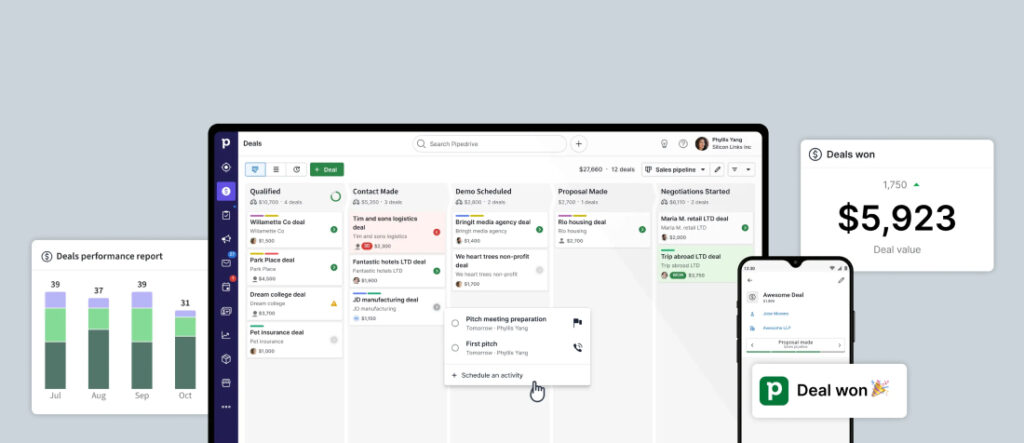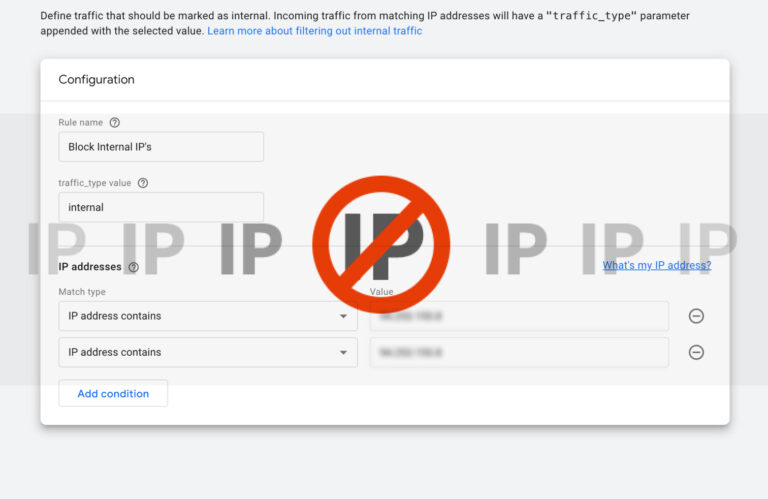Your Business Needs a CRM, and AI Is Making It Even More Appealing.
You would be amazed to know how many cases of companies have changed their history after the implementation of a CRM tool in their sales process. In today’s crazy-fast business environment changes, where customer expectations are higher than ever, leveraging a Customer Relationship Management (CRM) system is no longer a luxury but a necessity.
The integration of CRM systems with websites and all channels involved, such as social media and advertising tools, is crucial for businesses aiming for growth in both B2B and B2C markets.
The Importance of CRM Integration
Integrating a CRM with your website and other channels enables a seamless flow of information across your business, ensuring that every customer interaction is tracked and analysed. This holistic view allows businesses to deliver personalised experiences that drive engagement and loyalty. From social media interactions to website visits and advertising responses, every touchpoint is an opportunity to enrich customer profiles and tailor marketing strategies accordingly.
Why Pipedrive Stands Out
Among the big list of CRM solutions available, Pipedrive shines as one of the best in the market, particularly for its flexibility and the ability to extend its capabilities through integrations and APIs. Pipedrive’s intuitive interface and robust feature set make it an excellent tool for managing your sales funnel, ensuring that no opportunity slips through the cracks.

Integration Capabilities
A CRM’s power is significantly amplified by its ability to integrate with various tools and platforms. Pipedrive excels in this area, offering integrations with:
- Chat and Messaging Platforms: Ensure timely and personalised communication with prospects and customers.
- Automations: Streamline repetitive tasks, from follow-up emails to sales activity scheduling.
- Social Media: Track engagement and interactions across social platforms to capture leads and insights.
- Forms on the Website: Automatically capture and funnel leads into your sales process for immediate action.

Setting Up a CRM: A Brief Overview
The process of setting up a CRM involves several key steps:
- Integration with Existing Tools: Connect your CRM with your website, social media, email, and other sales and marketing platforms.
- Data Import and Organisation: Import existing customer data and organize it within the CRM to create a unified database.
- Automation Configuration: Set up automation for repetitive tasks to increase efficiency and ensure consistent follow-up.
- Training and Adoption: Ensure your team is trained on how to use the CRM effectively to maximize its benefits.
The Game-Changing Role of AI in CRM
The explosion of AI technology has revolutionised CRM systems, transforming them from mere data repositories into powerful analytical tools capable of predictive insights and personalized engagement strategies.
AI-Enabled Sales and Marketing Tools
With AI-enabled CRM systems, businesses can now:
- Prioritize Leads: Automatically score leads to focus on high-quality opportunities.
- Forecast Sales Opportunities: Use machine learning to assess the likelihood of closing deals early.
- Automate Customer Inquiries: Deploy digital assistants and chatbots for handling basic queries, improving customer service efficiency.
- Enhance ABM Strategies: Access AI-curated company data to target your audience more precisely.
- Optimize Communication: Predict the best mix of send time and channel for each customer, enhancing engagement.
- Identify Lookalike Opportunities: Create and use ideal customer profiles for finding new sales opportunities.
- Improve Conversations: Provide sales teams with smart talking points to increase relevance and conversion rates.
The integration of AI into CRM systems is a significant leap forward, enabling businesses to leverage data in unprecedented ways.
By analysing customer interactions and predicting future behaviors, AI-powered CRMs can help businesses stay ahead of customer expectations, personalize marketing efforts, and streamline sales processes. This not only enhances the customer experience but also boosts the efficiency and effectiveness of sales and marketing teams.
In conclusion, the combination of CRM and AI technologies is reshaping the landscape of sales and marketing. Businesses equipped with these tools are better positioned to understand their customers, anticipate their needs, and deliver exceptional experiences that drive loyalty and growth. The era of AI-powered CRM is here, and it’s a game-changer for businesses ready to embrace it.



